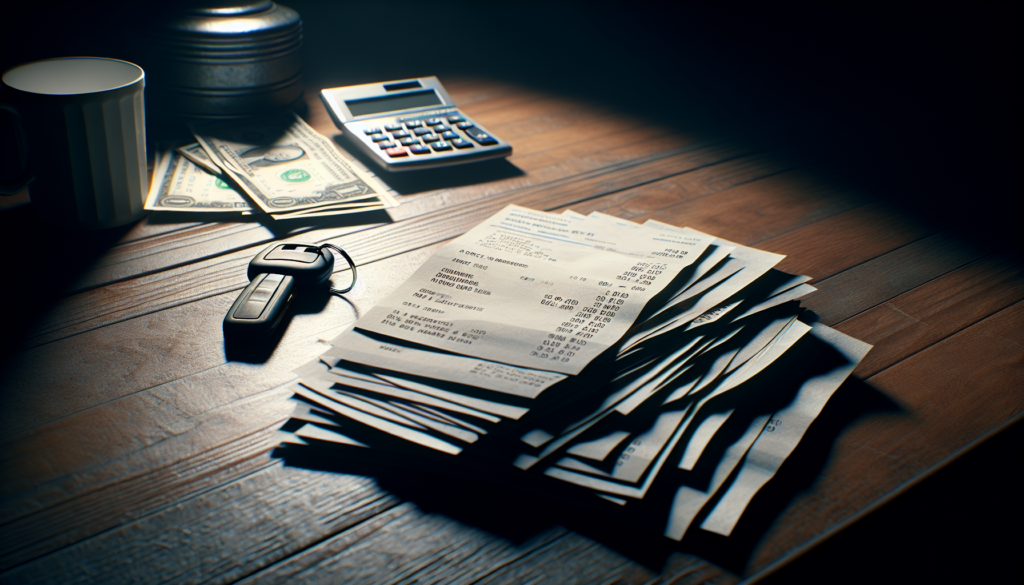
When you file for Chapter 7 bankruptcy, it can significantly impact not only your finances but also those of anyone who has co-signed a loan with you. Understanding the implications for co-signed debts is crucial for both the filer and the co-signer. Here’s what happens to co-signed debt in a Chapter 7 bankruptcy case, illustrated with examples:
Impact on Co-signed Debts
In Chapter 7 bankruptcy, also known as liquidation bankruptcy, many of your debts can be discharged, meaning you are no longer legally obligated to repay them. However, the discharge only applies to the person filing for bankruptcy. If there’s a co-signer on any of your debts, that individual remains fully responsible for repaying the full amount of the debt, despite your bankruptcy filing.
Examples
Example 1: Co-signed Personal Loan
Scenario: John and his sister, Emma, co-signed a $10,000 personal loan. Later, John files for Chapter 7 bankruptcy due to overwhelming credit card debt and medical bills.
Outcome: John’s obligation to repay the personal loan may be discharged as part of his bankruptcy. However, Emma, as a co-signer, becomes solely responsible for the remaining balance of the loan. Creditors can (and likely will) pursue Emma for repayment, and her credit score may be affected if the loan is not paid as agreed.
Example 2: Co-signed Car Loan
Scenario: Sarah co-signed a car loan with her friend, Mike. After a year, Mike files for Chapter 7 bankruptcy due to financial difficulties following a job loss.
Outcome: Mike’s bankruptcy discharge relieves him of the obligation to repay the car loan. However, Sarah, as the co-signer, is now expected to make the monthly payments. If Sarah fails to make payments, the car could be repossessed, and her credit score would suffer.
Protecting Co-signers
- Reaffirmation Agreements: In some cases, the filer may choose to reaffirm a co-signed debt, which means they agree to remain legally obligated to repay the debt despite the bankruptcy. This can protect the co-signer from having to take on the full repayment responsibility.
- Continue Making Payments: If the bankruptcy filer continues to make payments on a co-signed debt, even without a formal reaffirmation agreement, this can also protect the co-signer’s credit and prevent creditors from pursuing them for payment.
Filing for Chapter 7 bankruptcy does not protect co-signers on your debts. Co-signers remain fully liable for any co-signed debts, and creditors can pursue them for repayment if you’re discharged from the debt due to bankruptcy. If you’re considering filing for bankruptcy and have co-signed debts, it’s essential to understand the potential impact on your co-signers and explore options like reaffirmation agreements or continuing to make payments to protect their financial well-being. Consulting with a knowledgeable bankruptcy attorney can provide guidance tailored to your specific situation and help navigate the complexities of co-signed debts in bankruptcy.

Get a Free Bankruptcy Case Evaluation